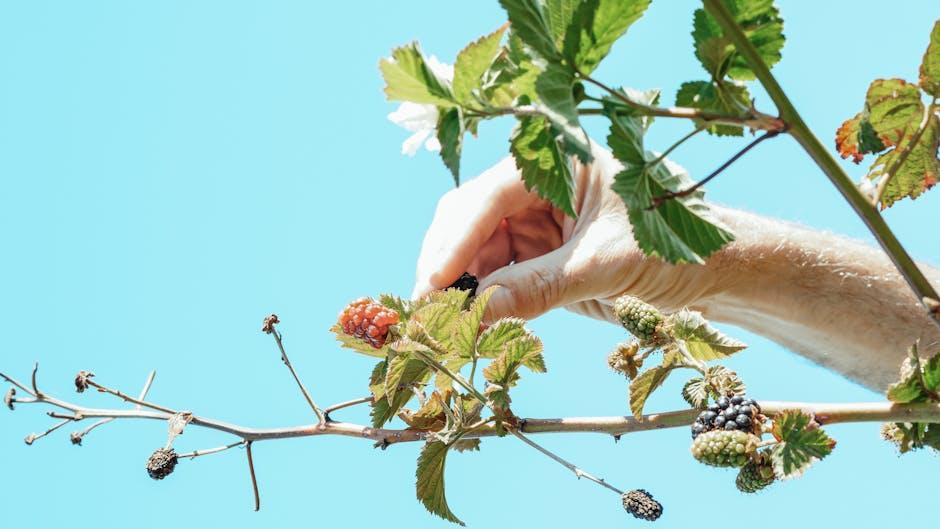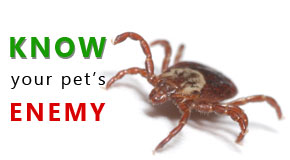Welcoming a new puppy into your home is an exciting journey filled with wagging tails and playful antics. However, amidst the joy and cuddles, it’s crucial to ensure your furry friend’s health is a top priority. As a responsible pet parent, staying informed about your puppy’s well-being is essential for fostering a happy, healthy life. This year, our comprehensive Puppy Health Checklist serves as your trusted guide, offering insights into the key health aspects to monitor as your pup grows. From vaccinations and nutrition to behavioral milestones, let’s explore the steps you can take to safeguard your puppy’s health and ensure a thriving future together.
Essential Vaccinations and Preventive Care for Your New Pup
Welcoming a new puppy into your home is an exciting adventure, but it also comes with responsibilities to ensure their health and well-being. One of the key aspects of keeping your pup healthy is staying on top of their vaccination schedule and preventive care. Vaccinations are crucial as they protect your puppy from potentially life-threatening diseases. Here are some essential vaccinations you should discuss with your veterinarian:
- Distemper, Parvovirus, and Adenovirus (DHPP): This combination vaccine is a cornerstone of your puppy’s early health regimen, providing protection against multiple serious illnesses.
- Rabies: Required by law in many areas, this vaccine protects your pet from the deadly rabies virus, which can also affect humans.
- Leptospirosis: Depending on your location and lifestyle, your vet may recommend this vaccine to prevent a bacterial infection that can affect both dogs and humans.
In addition to vaccinations, preventive care is equally important. Regular check-ups with your veterinarian will help catch any health issues early. Consider the following preventive measures:
- Parasite Control: Flea, tick, and heartworm prevention should be a part of your pup’s routine care.
- Dental Health: Start brushing your puppy’s teeth early to establish good dental hygiene habits.
- Nutrition: A balanced diet is essential for your puppy’s growth and development. Consult your vet for the best food choices.
By keeping up with these vaccinations and preventive care measures, you’re setting the foundation for a long, healthy life for your furry friend.

Nutrition Tips for Growing Puppies and Building Strong Foundations
Ensuring your puppy receives the right nutrition is crucial for their growth and development. Focus on providing a balanced diet that supports their unique needs. Key components of a puppy’s diet should include:
- High-quality protein: Essential for muscle development and overall growth.
- Healthy fats: Necessary for energy and supporting cognitive function.
- Calcium and phosphorus: Vital for building strong bones and teeth.
- Vitamins and minerals: Support immune function and overall health.
When selecting a puppy food, opt for brands that prioritize natural ingredients and avoid artificial additives. Consult with your veterinarian to tailor a nutrition plan specific to your puppy’s breed and size, ensuring their dietary needs are met. Regularly monitor their weight and adjust portions as needed to maintain a healthy growth rate. Remember, establishing strong dietary foundations now will lead to a happier, healthier adult dog.

Recognizing Common Puppy Ailments and When to Seek Help
As you embark on the journey of raising a puppy, it’s crucial to be aware of common health issues that may arise. Early detection and intervention can make all the difference in ensuring your furry friend’s well-being. Here are some typical puppy ailments to keep an eye on, along with signs that indicate it’s time to seek veterinary assistance:
- Diarrhea and Vomiting: Occasional upset stomachs can happen, but persistent symptoms might point to infections or dietary issues.
- Coughing and Sneezing: While occasional sneezes are normal, frequent coughing or nasal discharge could signal respiratory infections.
- Skin Irritations: Look for excessive scratching, redness, or bald patches, which could indicate allergies or parasites like fleas.
- Lethargy: Puppies are naturally energetic. If yours is unusually tired or reluctant to play, it could be a sign of underlying health issues.
If you notice any of these symptoms persisting beyond a day or two, or if your puppy seems in distress, it’s wise to consult your veterinarian. Their expertise is invaluable in diagnosing and treating any potential health problems early, ensuring your pup grows into a healthy, happy dog.

Creating a Safe and Stimulating Environment for Your Furry Friend
To ensure your puppy thrives, creating a nurturing space that promotes both safety and engagement is crucial. Begin by puppy-proofing your home. Secure all hazardous items like electrical cords, cleaning supplies, and small objects that can be swallowed. Consider installing baby gates to restrict access to areas that aren’t puppy-friendly. Ensure that your pup has a cozy bed in a quiet corner where they can retreat and rest peacefully.
Enrichment is key to a happy, healthy puppy. Stock up on a variety of toys to stimulate their senses and keep boredom at bay. Opt for toys that cater to different activities, such as chewing, fetching, and puzzle-solving. Rotate toys regularly to maintain their interest. Additionally, daily walks and playtime in a safe, enclosed yard can work wonders for their physical and mental health. By creating a balanced environment filled with love and attention, you’re setting the foundation for a joyful life with your furry companion.
















